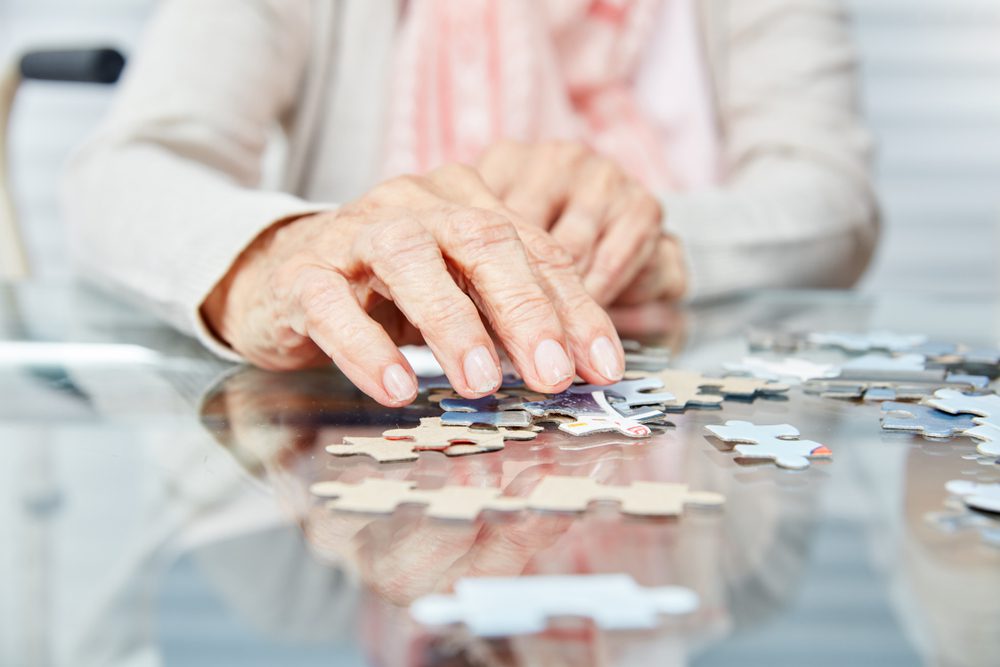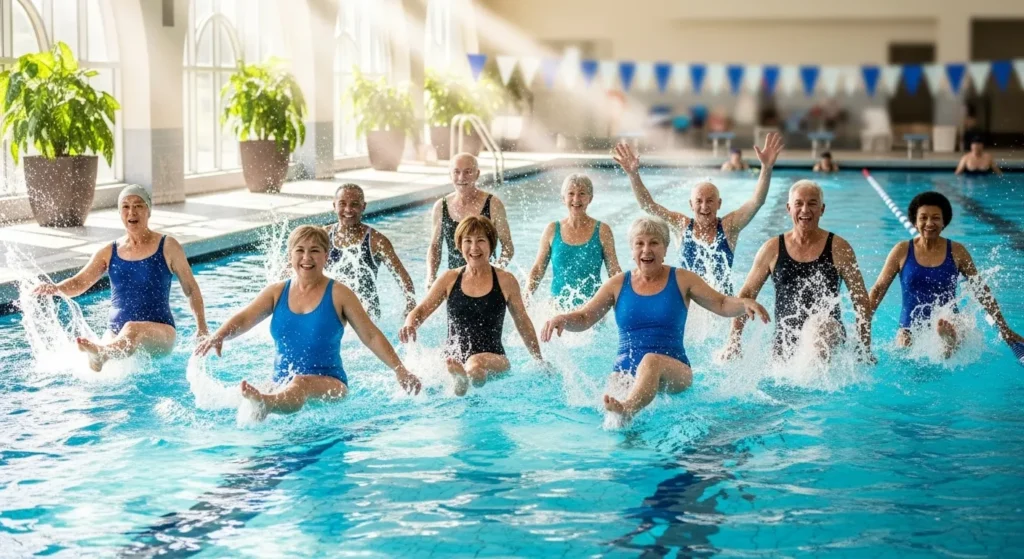
3. Cognitive Reserve
Cognitive reserve is a person’s resistance to brain diseases. It’s meant to keep the brain active, and the more of it a person has, the longer it takes for the diseases to damage the brain.
In other words, people with a larger cognitive reserve can actually delay the start of symptoms of mental disorders for a longer period of time. On the other hand, those with a smaller cognitive reserve are more likely to develop dementia, even in their 50s.
The three major factors that can affect your cognitive reserve are:
- leaving school early-a person who leaves education at an early age has a higher chance of having a smaller cognitive reserve compared to a person with full-time education who continues learning throughout their life.
- social isolation-a person who tends to isolate themselves is also more likely to have a smaller cognitive reserve.
- less job complexity-a person who hasn’t engaged in mental activities during their lifetime of work, especially those that require memory, problem-solving, reasoning, organizational, and communication skills, may also have a smaller cognitive reserve.
While your cognitive reserve is developed during childhood and early adulthood, there are several things you can do to boost it later in life, such as staying socially and mentally active.



















